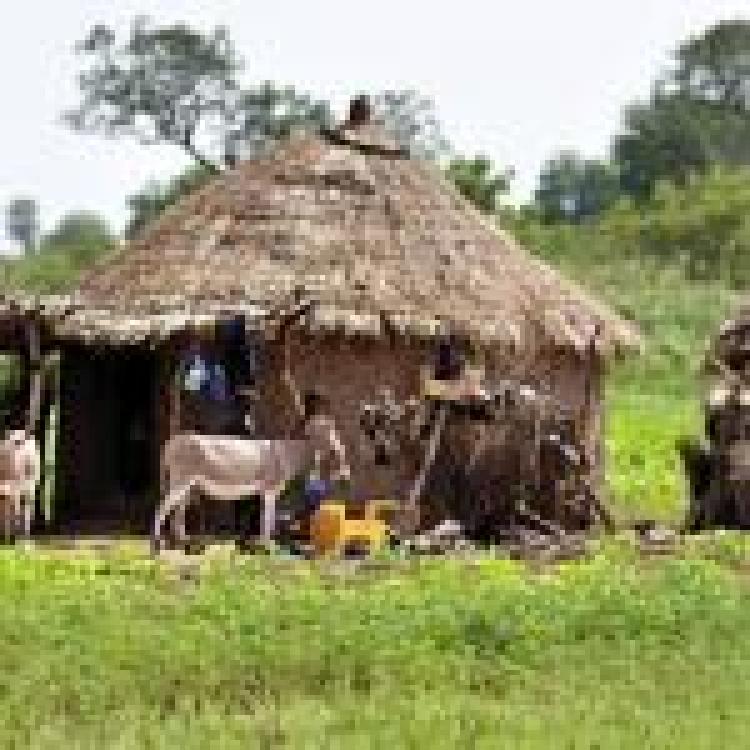In response to the murder of 134 Fulani herders, Mali President Ibrahim Boubacar Keita has sacked and replaced two generals and disbanded an anti-jihadi vigilante group known as Dan Na Amassagou.
The massacre reportedly took place after land disputes between the ehtnic Donzo and Fulani groups, and follows a major attack conducted by Al Qaeda which killed at least 23 soldiers in Mali. The Donzo have alleged that the Fulani group are tied to jihadists groups such as Al Qaeda and IS.
President Keita has removed the army chief of staff, General M’Bemba Moussa Keita and replaced him with General Abdoulaye Coulibaly, whilst the chief of land forces General Abdrahamane Baby was replaced with Brigadier-General Keba Sangare.
The government has reportedly outsourced the fighting of jihadists to vigilante groups which have been accused of committing atrocities across the Sahel. Reuters reported that for example, in Burkina Faso at the end of December, an ethnic Mossi militia killed dozens of Fulani in revenge for the murder of a village chief by jihadists.
Speaking to reporters, Mali’s Prime Minister Soumeylou Boubeye Maiga said, “the protection of the population remains and will remain the monopoly of the state”. He further stated, “Our forces will ... actively disarm any person who should not be armed.”
France’s foreign ministry welcomed the decision of the Mali government to “break up the militia who have been creating terror in the region and must now be disarmed”. The ministry further stated it would continue “to support efforts aimed at protecting the population, and at creating the conditions for dialogue and a national reconciliation, which are more necessary than ever in the centre of Mali”.
France has gained a force in the Sahel region of 4,500 troops but has failed to safeguard against jihadist attacks which been increasing since 2013 as well as the Tuareg rebels who have taken over the northern section of the country.

